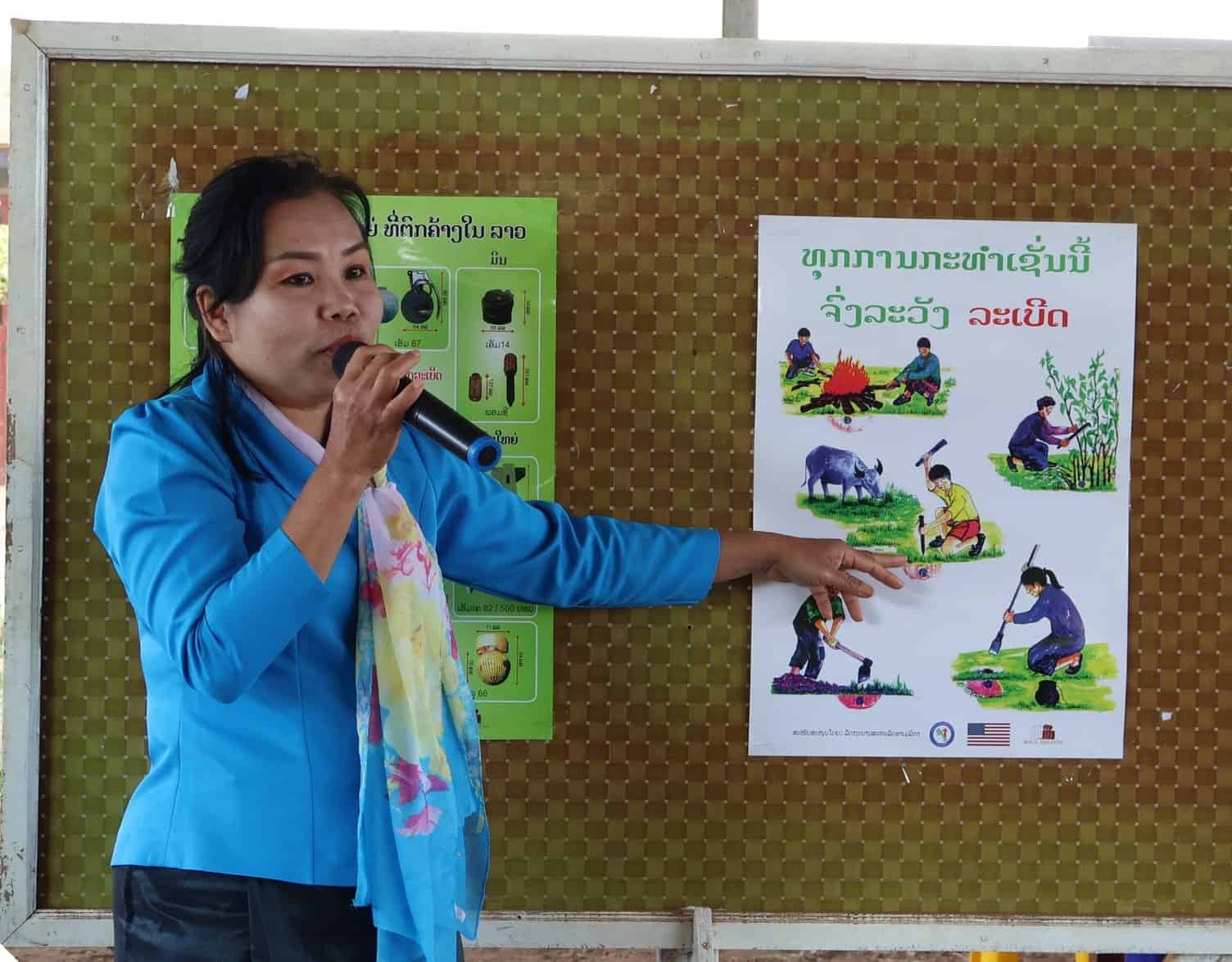Kayah State is located on the eastern border of Myanmar and like many states in eastern Myanmar was involved in decades of armed conflict. This left all seven townships contaminated with landmines and other explosive ordinance. Despite the 2012 ceasefire between the government and some non-state actors, landmines are still utilized on both sides resulting in an estimated 15-20 landmine accidents per year in Kayah State. Through a survey developed and implemented by World Education (WE) between 2015 and 2016, WE found that landmine survivors and PWDs have aspirations to work and improve the economic situation of themselves and their families, but often feel stigmatized or are unable to obtain stable employment as a result of their disabilities. To address these needs, WE has been implementing economic development projects in Kayah State since 2012 by providing landmine survivors, PWDs, and their families with livelihoods training and support. Upon completion of the training, trainees are provided with a small business start-up in-kind grant to start their own small businesses.
To address these needs, World Education has been implementing economic development projects in Kayah State since 2012 by providing landmine survivors, PWDs, and their families with livelihoods training and support. Upon completion of the training, trainees are provided with a small business start-up in-kind grant to start their own small businesses.
In partnership with RSF Social Finance, World Education was able to continue to support landmine survivors and persons with disabilities in Kayah State through livelihoods training and in-kind grants, while building the capacity of the Kayah State Department of Social Welfare to organize and facilitate quarterly Victim Assistance and Disability Working Group meetings allowing PWDs to meet with local government staff and strengthen service networks and referral systems.
Over the course of the project World Education provided 25 landmine survivors, PWDs, and their families with livelihoods training, disbursed 30 in-kind grants, donated over 100 pairs of crutches and 25 wheelchairs, and brought together 32 participants for a working group meeting to discuss improving disability services and activities.


